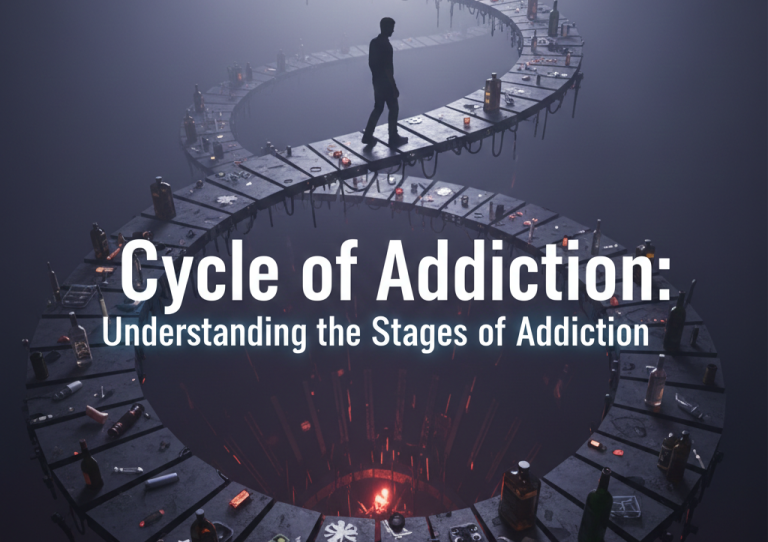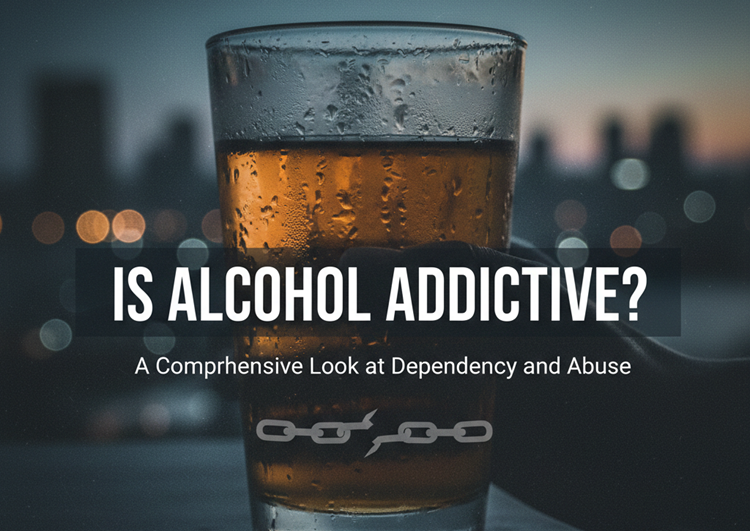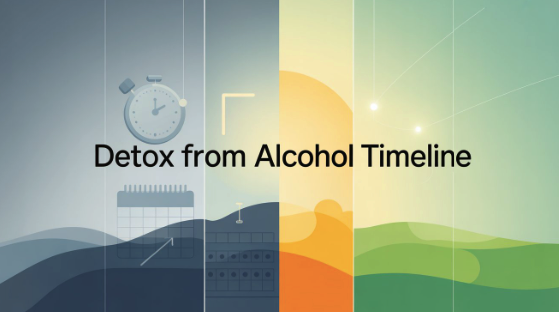Addiction to substances can only be known by setting out very slowly and it may turn out to become a great obstacle to your life, though you would not even be aware of the onset of the same. However, whatever it may be, no matter whether it is that your beloved one is bringing to your family sooner or later or you are threatening yourself with something, that drug or alcohol and even prescriptions, you know the symptoms can look different.
We have introduced the most common questions people ask when they want some evidence of substance use. These questions are presented as simple dialogues aimed at exploring consciousness, knowledge, and action.
What are the Early Warning Signs of Substance Use?
The early evidence of drug consumption is very easy to ignore or be deceived by stress, personality shift or even madness. There are some of red flags to look out:
- Behavioral changes: Deception, evasion or doing strange things and being irritable.
- Alteration in appearance: Brightening of eyesight, bloody nose or weight gain or loss.
- Impossibility to assume responsibilities: not reporting to work, family or school.
- New peer groups: Go with people who use substances or those who have already developed a history of substance use.
- Mood swings or paranoia: incredibly high emotions and then consequently extremely low or worried.
Once you observe cyclic repetitions of a single or several of these symptoms, it is time to utter one word to a friend or a doctor.
How Do You Know If It’s Addiction or Just Occasional Use?
The point is that one should learn the distinction between recreational use of drugs and addiction:
- Occasional: It is not common and it is normally social among friends and relatives and with no bad effect.
- Risky use: Begins to affect relations, jobs or psychological welfare.
- Addiction (Substance Use Disorder): It is a chronic, recurring disorder with symptoms that include compulsive substance seeking with resulting negative effects.
When one uses and goes on with it even though it has been having a bad impact on that person, either physically, mentally, or socially, one is most likely to experience substance use disorder as compared to an incidental use of the substance.
What Causes Someone to Start Using Drugs or Alcohol?
Then there is no one single cause that results in making a person dependent on substances. The common predisposing factors are:
- Genetics: The risk increases with the prevalence of the problem in the family.
- Mental condition or illness: Depression, anxiety or trauma, which may lead to self-medication.
- Social influence or peer pressure: This is mainly on young adults and teenagers.
- Life change stress or transitions: The US may start with loss of a job, divorce, or grief.
- Availability: Medications in the house or ready access to alcohol.
These deeply rooted causes should be addressed to offer effective and caring support.
What are the Physical Symptoms of Drug or Alcohol Use?
The question that many people want to know is, what does drug use look like? They can be heavy or light, depending on the substance but some include:
- Expanded or contracted pupils
- Slurred speech
- Poor coordination
- Strange breath and clothes odors
- Regular nosebleeds or scar marks (resulting to an injection)
In other instances, an individual can lose weight without explanation, feel tired or develop an unusual appetite change.
What are the Emotional and Behavioral Symptoms?
Drug abuse is not only a matter of physical state; it also influences the emotions and behavior of an individual.
- Increased isolation
- Moodiness or depression
- Faking and deceiving other people
- Loss of hobbies
- Violence or a don’t go attitude
Such emotional and behavioral changes usually become the most earmarked signs of something wrong.
When Should You Seek Help?
When you or a loved one is exhibiting more than a couple of these signs, you know that you have to do something about it. You do not have to wait till things become bad enough.
When:
- Drug abuse influences daily living
- There have been failed attempts to quit
- You have concerns over health matters, safety or legal concerns
- Deterioration in substance use is accompanied by mental health symptoms
- The sooner one is assisted, the more likely they will recover in the long term.
What Treatment Options are Available for Substance Use?
A general therapy can never be successful. Orlando Treatment Solutions makes available to you evidence-based programmes that are customised to cater specifically to your needs. These are:
- Medical Detox: A monitored withdrawal process. Medical detox involves medically checked, safe withdrawal.
- Outpatient Courses and Intensive Outpatient Programs (IOP)
- Dual Diagnosis Treatment: Mental health costs Dual Diagnosis
- ICT and GT Individual and Group Therapy, CBT, DBT, and other research abilities
- The Relapse Prevention and Follow-up Planning
We also focus on life reconstructions through holistic services, trauma-based services and longer-term support.
How Can I Address Substance Use in Florida?
Orlando Treatment Solutions exists to provide you with compassionate, effective care in Florida in case you are seeking it. We provide care that is supported by evidence to treat substance misuse and concomitant mental health issues, according to your individual needs.
Our staff members know how it takes courage to ask. We will support and guide you every step of the way, whether it is your first time trying or you are willing to give it a second chance.

Final Thoughts: Take the First Step Toward Recovery
Yes. Through proper treatment and a support system, recovery can be achieved. The recipients of the assistance turn out to be constructive functional people who live to life without drugs.
Recovery can encompass a much deeper meaning than simply stopping abuse of drugs or alcohol, but it can also entail healing of the causes and creation of a more worthwhile life.
Frequently Asked Questions
- What are the signs someone is using drugs or alcohol?
Behavioral changes, mood swings, secrecy, changes in appearance, and physical symptoms like slurred speech or red eyes. - How can I tell if my teen is using substances?
Look for school issues, changes in friends, rebellious behavior, and sudden secrecy or withdrawal. - Is addiction treatable?
Yes. With evidence-based treatment and ongoing support, many people recover fully. - What if I’m not sure it’s a problem yet?
If you’re asking the question, it’s worth speaking to a professional. An assessment can provide clarity.



























